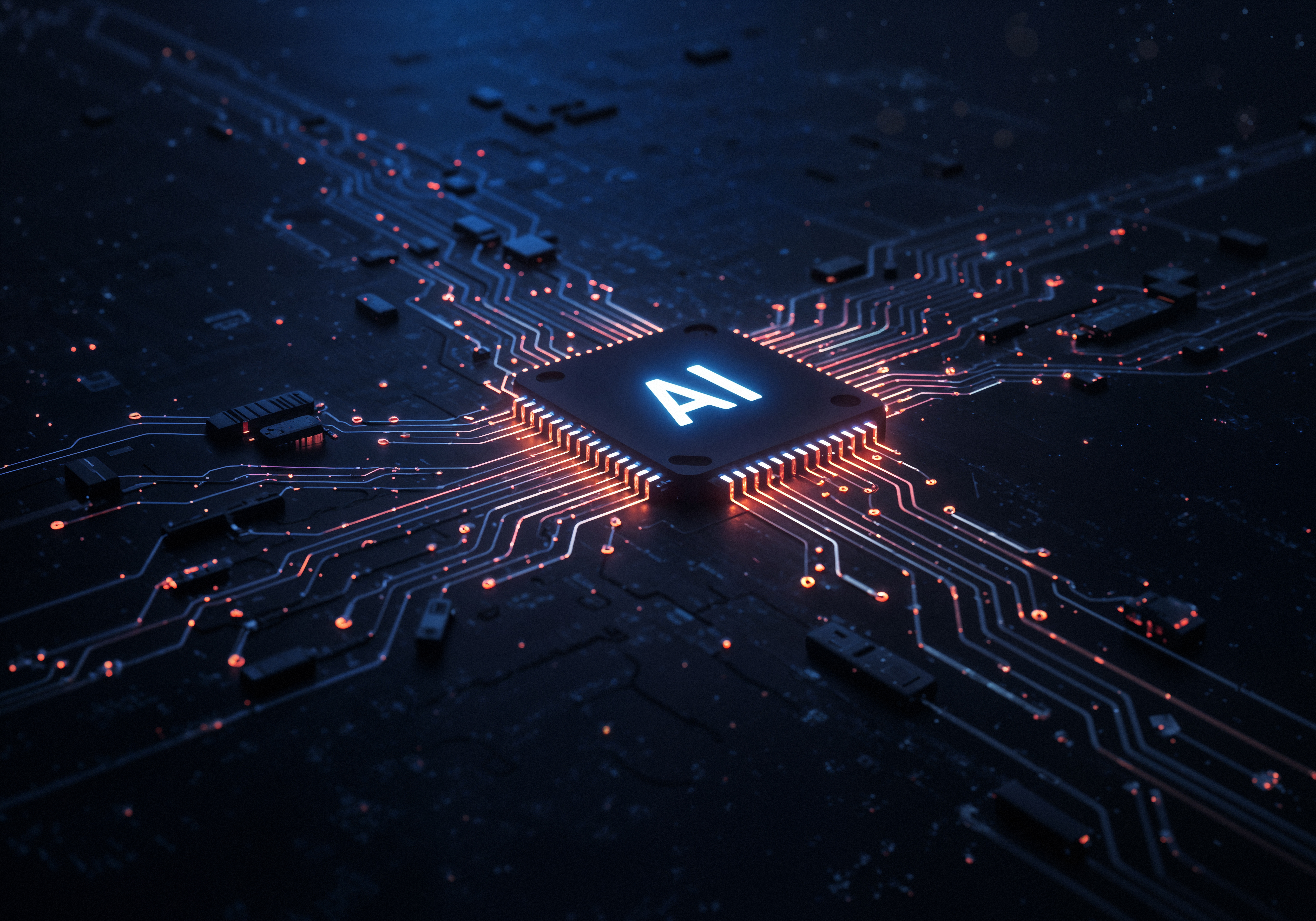Tech firms aiming to sell AI systems to the US government will now need to prove their chatbots are free of ideological bias, following a new executive order signed by Donald Trump.
The measure, part of a broader plan to counter China’s influence in AI development, marks the first official attempt by the US to shape the political behaviour of AI in services.
It places a new emphasis on ensuring AI reflects so-called ‘American values’ and avoids content tied to diversity, equity and inclusion (DEI) frameworks in publicly funded models.
The order, titled ‘Preventing Woke AI in the Federal Government’, does not outright ban AI that promotes DEI ideas, but requires companies to disclose if partisan perspectives are embedded.
Major providers like Google, Microsoft and Meta have yet to comment. Meanwhile, firms face pressure to comply or risk losing valuable public sector contracts and funding.
Critics argue the move forces tech companies into a political culture war and could undermine years of work addressing AI bias, harming fair and inclusive model design.
Civil rights groups warn the directive may sideline tools meant to support vulnerable groups, favouring models that ignore systemic issues like discrimination and inequality.
Policy analysts have compared the approach to China’s use of state power to shape AI behaviour, though Trump’s order stops short of requiring pre-approval or censorship.
Supporters, including influential Trump-aligned venture capitalists, say the order restores transparency. Marc Andreessen and David Sacks were reportedly involved in shaping the language.
The move follows backlash to an AI image tool released by Google, which depicted racially diverse figures when asked to generate the US Founding Fathers, triggering debate.
Developers claimed the outcome resulted from attempts to counter bias in training data, though critics labelled it ideological overreach embedded by design teams.
Under the directive, companies must disclose model guidelines and explain how neutrality is preserved during training. Intentional encoding of ideology is discouraged.
Former FTC technologist Neil Chilson described the order as light-touch. It does not ban political outputs; it only calls for transparency about generating outputs.
OpenAI said its objectivity measures align with the order, while Microsoft declined to comment. xAI praised Trump’s AI policy but did not mention specifics.
The firm, founded by Elon Musk, recently won a $200M defence contract shortly after its Grok chatbot drew criticism for generating antisemitic and pro-Hitler messages.
Trump’s broader AI orders seek to strengthen American leadership and reduce regulatory burdens to keep pace with China in the development of emerging technologies.
Some experts caution that ideological mandates could set a precedent for future governments to impose their political views on critical AI infrastructure.
Would you like to learn more about AI, tech and digital diplomacy? If so, ask our Diplo chatbot!










